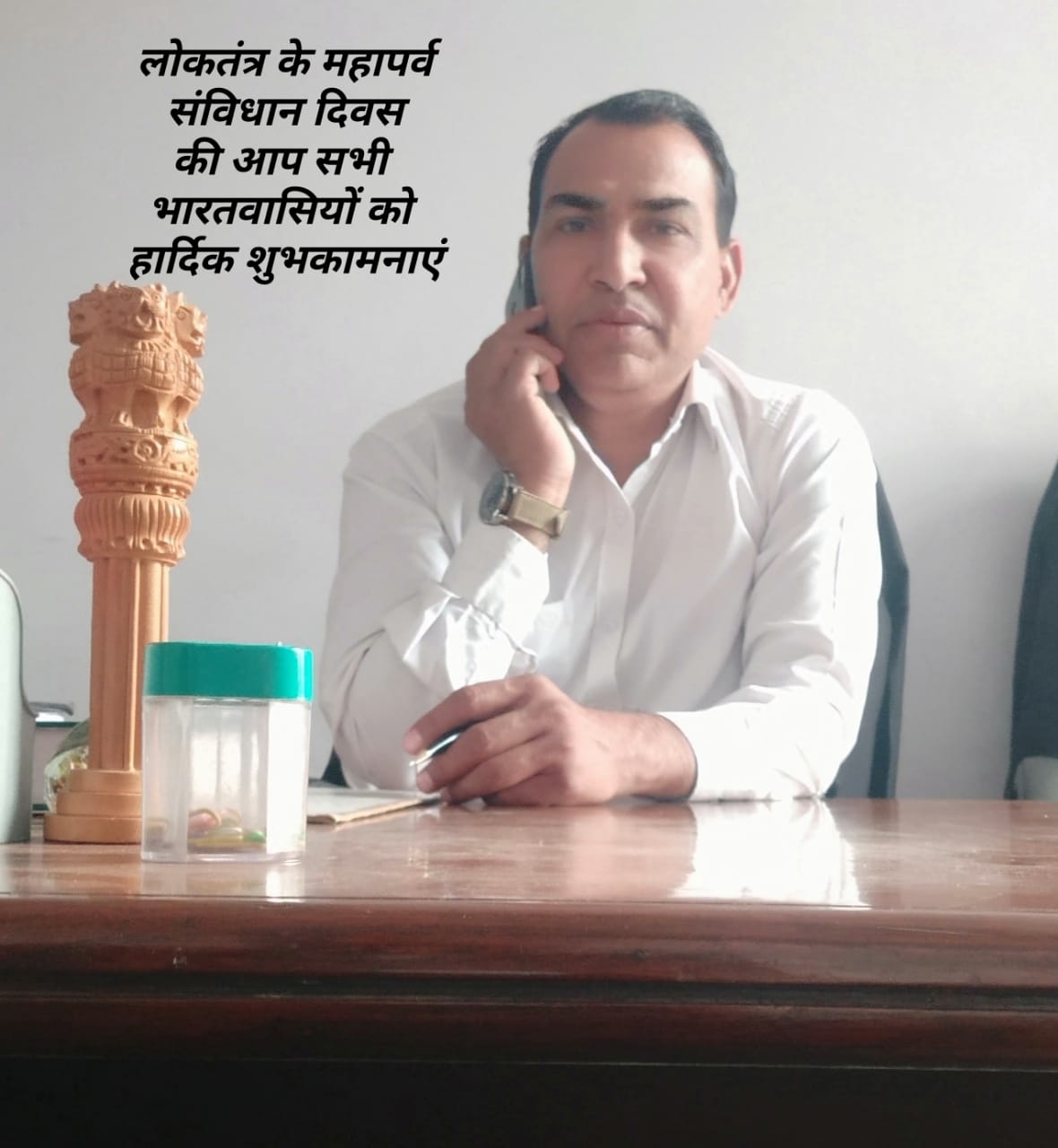Answer By law4u team
The Directorate General of Shipping (DGS) is the apex body responsible for maritime administration in India, tasked with ensuring the safety and security of ships, seafarers, and shipping operations. It operates under the Ministry of Shipping and plays a pivotal role in the regulation of the Indian maritime industry, promoting international standards in line with the guidelines set by International Maritime Organization (IMO), while also addressing environmental concerns, and enhancing India's maritime reputation globally.
Role of the Directorate General of Shipping (DGS)
Regulation of Maritime Safety
One of the primary functions of the DGS is to ensure the safety of navigation in Indian waters. It oversees:
- The enforcement of national maritime laws and international conventions, such as the International Convention for the Safety of Life at Sea (SOLAS).
- Certification of ships and shipping companies to ensure that all vessels operating under the Indian flag comply with the IMO regulations on safety equipment, navigation systems, and operational standards.
- Regular inspections and audits of Indian ships and foreign vessels entering Indian waters to confirm their compliance with safety standards.
Ship Registration and Flag State Administration
The DGS administers ship registration under the Indian Register of Shipping (IRS), providing vessels with the ability to sail under the Indian flag. Key responsibilities include:
- Registration of Indian ships and managing the country's flag state responsibilities in accordance with the International Maritime Organization (IMO) conventions.
- Ensuring that ships maintain valid certificates, including International Maritime Pollution (MARPOL) and SOLAS certificates, among others.
- Granting ship owner licenses and ensuring that ships are operated in accordance with national and international regulations.
Training and Certification of Seafarers
The DGS plays a vital role in the training and certification of seafarers through its recognized maritime training institutes. This includes:
- Training personnel in essential maritime skills, including navigation, ship management, and emergency procedures.
- Issuing certificates of competency (COC) to ensure that seafarers meet the standards prescribed by STCW (Standards of Training, Certification, and Watchkeeping for Seafarers), an international convention.
- Monitoring the quality and performance of maritime training centers and ensuring that they are in line with international best practices.
Pollution Control and Environmental Protection
DGS is actively involved in the regulation and enforcement of measures to prevent marine pollution under the MARPOL Convention, one of the most significant international maritime agreements. Its responsibilities include:
- Establishing guidelines to ensure that ships do not pollute the seas with oil, sewage, garbage, and other hazardous substances.
- Enforcing pollution prevention measures like oil spill response, waste management, and scrubber systems on vessels.
- Coordinating with various government agencies and stakeholders to ensure that India complies with international environmental standards and addresses emerging issues like greenhouse gas emissions and plastic waste in the oceans.
Implementation of International Conventions
The DGS ensures that India complies with various international conventions and agreements adopted by the IMO and other global maritime bodies. Some of the key conventions overseen by the DGS include:
- SOLAS (Safety of Life at Sea): Ensuring the safety of passenger and cargo vessels operating under the Indian flag.
- MARPOL (Marine Pollution): Enforcing environmental protection measures to minimize pollution from ships.
- STCW (Standards of Training, Certification, and Watchkeeping for Seafarers): Setting the standards for the training, certification, and competency of seafarers.
- LLMC (Limitation of Liability for Maritime Claims): Ensuring that maritime claims and damages are properly addressed in line with international protocols.
Promotion of Shipping Industry and Maritime Research
The DGS works to promote the shipping industry in India by:
- Implementing policies that support the growth of the Indian maritime sector, such as tax incentives, subsidies, and infrastructure development.
- Encouraging research and development in maritime technology, focusing on safety, efficiency, and environmental sustainability.
Shipping Policy and Maritime Legislation
The DGS is involved in the formulation and implementation of national shipping policies and laws that govern the maritime sector, such as:
- Maritime Labour Convention (MLC): Ensuring that India’s shipping industry complies with international standards on seafarers' rights and working conditions.
- Merchant Shipping Act, 1958: Overseeing its implementation and suggesting amendments to adapt to the changing global maritime landscape.
Maritime Search and Rescue Operations
The DGS coordinates search and rescue operations (SAR) in Indian waters. It provides guidance on SAR procedures, ensuring that in case of maritime distress, timely assistance is provided to save lives at sea.
Examples of DGS Activities in Practice
Implementation of SOLAS Standards
Following an incident where a passenger ship encountered technical difficulties, the DGS conducted an audit of the ship's compliance with SOLAS regulations, ensuring that its lifeboats, emergency communication equipment, and fire safety systems were up to international standards.
Pollution Prevention
In response to a major oil spill off the coast of Mumbai, the DGS activated emergency response protocols, worked with environmental agencies, and ensured that all vessels in Indian waters adhered to MARPOL standards to prevent further pollution.
Training of Seafarers
The DGS collaborates with various maritime institutes to train and certify deck officers and marine engineers under the STCW Convention. Recently, it held a national conference to discuss advancements in maritime education and improve training methodologies.
Conclusion
The Directorate General of Shipping (DGS) is the cornerstone of India's maritime safety, regulation, and development. Through its comprehensive efforts in maritime safety, pollution control, seafarer training, and the implementation of international conventions, DGS ensures that India’s maritime sector remains compliant with global standards while promoting growth and sustainability. As the national maritime authority, it plays a vital role in shaping the future of India’s shipping industry and enhancing its position in global maritime trade.







